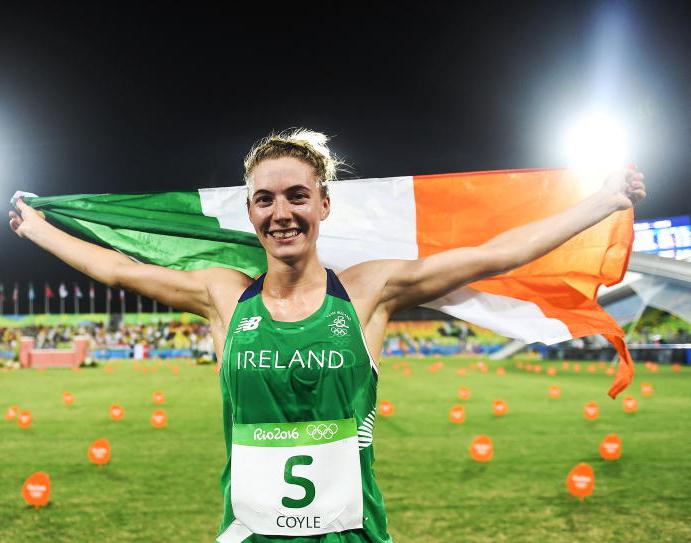The lack of proper pre-selection and training of horses for the Modern Pentathlon at the Tokyo Olympics resulted in an unseemly spectacle on worldwide television that was hurtful to both the riders and their poor innocent mounts.
The total unsuitability of the selected equines was painful to watch. As one writer to this paper pointed out: “I watched every bit of the women’s pentathlon. Like lots of other Irish people we worship the horse but felt there is something very wrong with the rules”.
Indeed! But in addition to the problem of rules, somebody must be made accountable for the debacle that riders, horses and millions viewers around the world were subjected to.
This Tokyo Olympics cost over €15bn to organise. Surely, within that massive budget, money could have been found to ensure that the horses for this important competition were of high standard and properly trained for their job.
Our own Comdt. John Ledingham was right on the spot at the Games as Ireland’s equestrian coach for the modern pentathlon. In a heartfelt article for The Irish Times after his return he wrote: “The Olympian principle of fairness and animal welfare was trampled underfoot in the riding section of the modern pentathlon.
“What I witnessed should never have happened. It brought the sport into disrepute. It created enormous hurt to the victims (both human and equine). It can never be let happen again.”
Natalya Coyle is an excellent and poised rider with years of experience behind her in both junior and senior Meath Pony Club. This was her third Olympics. She finished ninth at London and was just four points away from a bronze medal at Rio.
The horse she was assigned in Tokyo, Constantine, was just not up to the task. Neither was Saint Boy, who decimated Germany’s Annika Schleu’s very real chances of gold.
I agree with John Ledingham when he says that the organisers of the modern pentathlon have to review what took place so that nothing like this horrible spectacle can ever be allowed to happen again.
To my mind it would make sense if just a fraction of the huge Olympic budget could be set aside for a strict contract that would provide the right kind of horses for the Paris Olympics.
One suggestion is that, after initial selection, the horses would then enter at least a one-year training regime. Every week they would be ridden by different riders on courses of 1.10m to 1.20m. They could then be ready to present themselves with the dignity they deserve before the world’s media.









SHARING OPTIONS